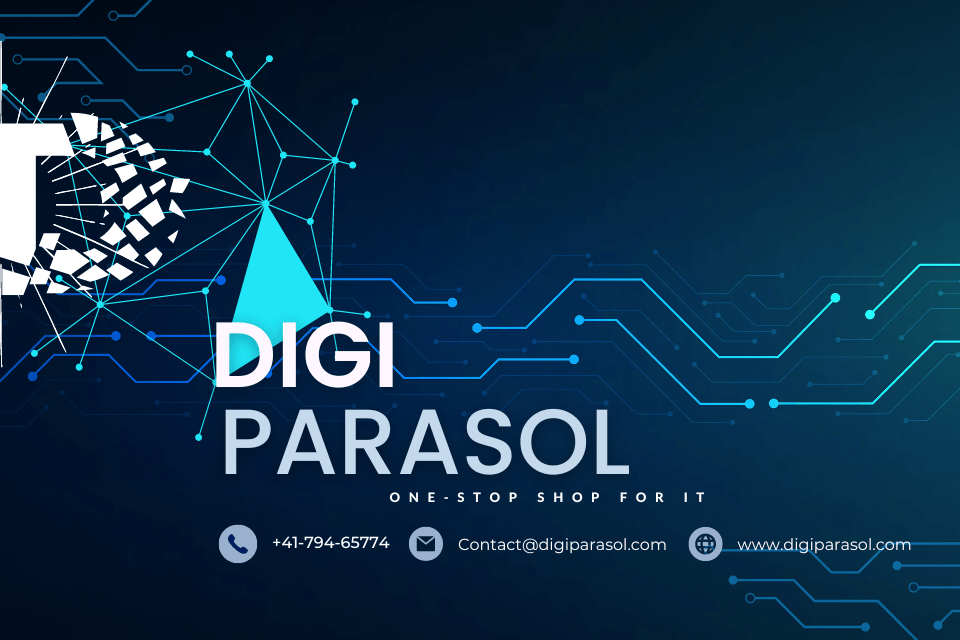Artificial Intelligence (AI) has been rapidly transforming industries across the world, and one of the areas that has seen significant advancements is elderly care. With the global population aging at a rapid rate, the demand for quality care and assistance for the elderly is at an all-time high. AI technologies have the potential to revolutionize the way we provide care for the elderly, making it more personalized, efficient, and accessible. In this article, we will explore the future of assisted living and healthcare for the elderly with the integration of AI technologies.
1. **AI-Powered Monitoring Systems**
AI-powered monitoring systems are revolutionizing the way we care for the elderly. These systems utilize sensors and wearable devices to monitor vital signs, detect falls, and track daily activities. By analyzing this data in real-time, caregivers can quickly respond to emergencies and provide timely assistance. Companies like CarePredict and Essence SmartCare are leading the way in developing AI-powered monitoring solutions for the elderly.
2. **Robotics in Elderly Care**
Robots are increasingly being used in elderly care facilities to assist with activities of daily living, such as medication reminders, meal preparation, and companionship. Social robots like Paro, a robotic seal developed by AIST in Japan, have been shown to reduce stress and improve the overall well-being of elderly individuals. Research is ongoing to develop more advanced robots that are capable of providing personalized care tailored to the specific needs of each individual.
3. **Virtual Health Assistants**
Virtual health assistants powered by AI are becoming more common in the healthcare industry, providing personalized assistance to patients, including the elderly. These virtual assistants can help manage medications, schedule appointments, and provide health-related information. Companies like Hyro and Conversa Health are developing AI-powered virtual assistants that are specifically designed for the elderly population.
4. **Predictive Analytics for Healthcare**
AI algorithms are being used to analyze large amounts of healthcare data to predict and prevent health issues in the elderly. By identifying patterns and trends in health data, AI can help caregivers and healthcare providers intervene early and provide proactive care. Predictive analytics can also help improve the efficiency of healthcare systems by reducing hospital readmissions and emergency room visits.
5. **Remote Monitoring and Telemedicine**
AI technologies are enabling remote monitoring and telemedicine services for the elderly, allowing them to receive care in the comfort of their homes. Remote monitoring devices can track blood pressure, heart rate, and other vital signs, alerting caregivers to any abnormalities. Telemedicine platforms like Teladoc and Amwell are making it easier for elderly individuals to access healthcare services from anywhere, reducing the need for in-person visits.
6. **AI-Powered Medication Management**
Managing medications can be a challenge for the elderly, especially those with complex medication regimens. AI-powered medication management systems can help ensure that medications are taken on time and in the correct dosage. Companies like MedMinder and Pillo Health are developing smart pill dispensers that use AI algorithms to remind users to take their medications and track adherence.
7. **Personalized Care Plans**
AI is enabling the development of personalized care plans for the elderly based on their individual health needs and preferences. By analyzing data from electronic health records, wearables, and other sources, AI algorithms can recommend personalized interventions and treatments. Personalized care plans can help improve health outcomes and quality of life for elderly individuals, while also reducing healthcare costs.
8. **Ethical Considerations**
As AI technologies continue to advance in elderly care, it is important to consider the ethical implications of using these technologies. Issues such as privacy, data security, and autonomy must be carefully addressed to ensure that the rights and dignity of elderly individuals are respected. Companies and policymakers must work together to establish guidelines and regulations that protect the interests of elderly individuals while promoting innovation in the field of AI in healthcare.
In conclusion, the integration of AI technologies in elderly care has the potential to revolutionize the way we provide assistance and support to the aging population. From AI-powered monitoring systems to virtual health assistants and personalized care plans, AI is transforming the landscape of assisted living and healthcare for the elderly. While there are still challenges to overcome, the future looks bright for the use of AI in eldercare, offering hope for improved quality of life and better health outcomes for elderly individuals around the world.
> “The future of assisted living and healthcare for the elderly is being shaped by AI technologies, offering new possibilities for personalized care and improved wellbeing.”
As we continue to explore the possibilities of AI in elderly care, it is crucial to prioritize the needs and preferences of elderly individuals, ensuring that these technologies are used ethically and responsibly. By harnessing the power of AI, we can create a future where elderly individuals receive the support and care they need to live healthy and fulfilling lives.

